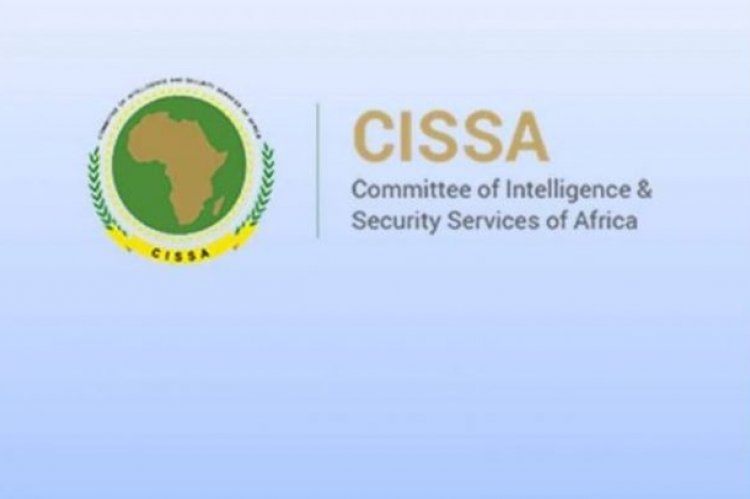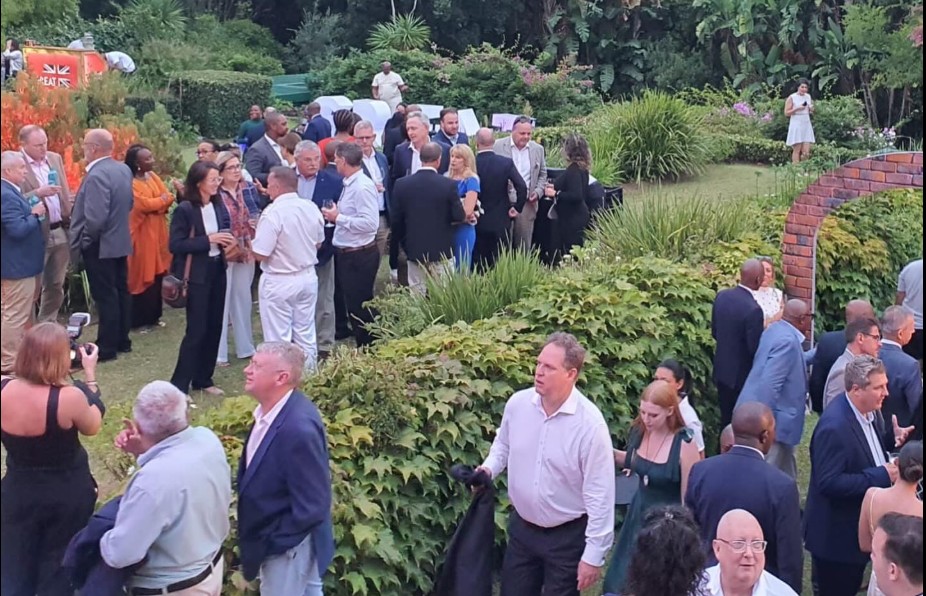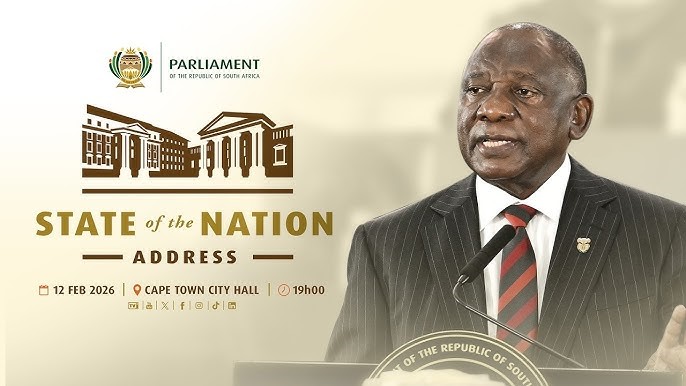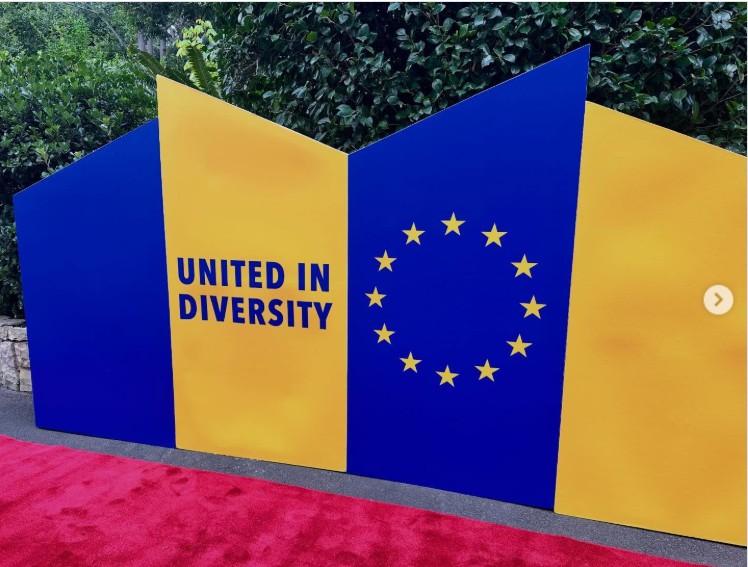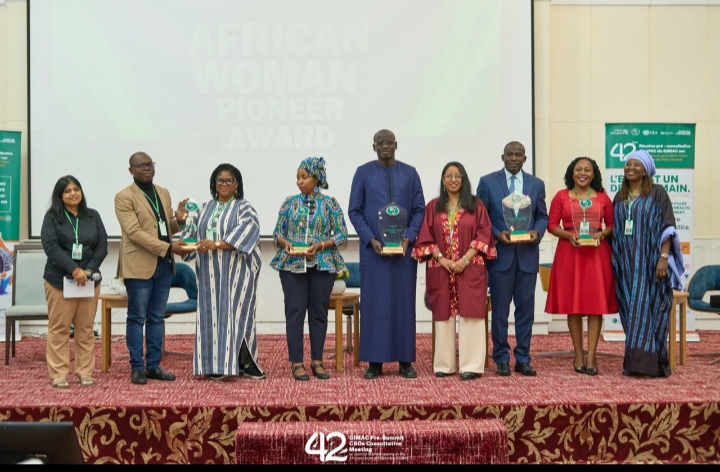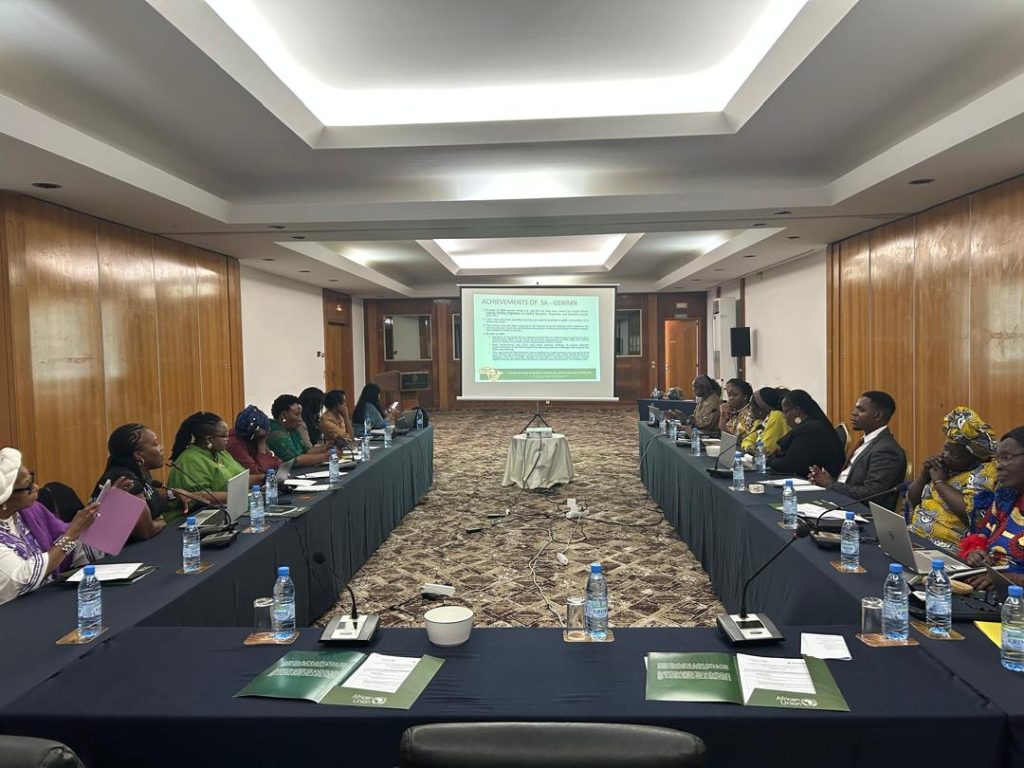ACCORD, in partnership with the Governance and Livelihoods Agenda (AgendaGL), successfully hosted a three-day Leading for Peace workshop in Isipingo from 27 – 29 August 2025. The workshop formed part of ACCORD’s broader Social Cohesion and Peacebuilding Programme, which has been rolled out across key eThekwini communities to strengthen local leadership, conflict management and peacebuilding capacities.
The sessions brought together community leaders, youth representatives, and civil society members from Malukazi and surrounding areas, creating a space for dialogue, learning and collaboration. The opening session, grounded in Edward T. Hall’s Cultural Iceberg model, encouraged participants to reflect on how both visible and invisible aspects of identity influence leadership and relationships. This led to discussions on leadership styles and integrity, where participants examined the balance between leadership and management, and reflected on historic figures from their region such as Sibusisiwe and Mbalasi Makhanya, who embodied ethical leadership and community service.
Building on this foundation, the workshop explored the history of violence and social tension in Malukazi, where participants shared personal experiences of political and xenophobic conflict dating back to the 1980s. Through open storytelling, the group identified political intolerance, religious and tribal divisions, racism, and substance abuse as key drivers of conflict. These exchanges helped to build empathy and understanding across generations, while reinforcing the importance of inclusive dialogue and community cohesion.
The sessions on mediation and negotiation skills equipped participants with practical tools to manage conflict constructively through active listening, neutrality and confidentiality. The segment on gender and power highlighted the continued marginalisation of women in community leadership, while revisiting the legacy of women peacebuilders such as the Makhanya sisters who were pioneers of equality and education in the region. These discussions reignited participants’ commitment to promoting gender-sensitive leadership and ensuring that women’s voices are meaningfully included in decision-making spaces.
The workshop concluded on a high note, with participants rating their experience positively and highlighting significant gains in conflict prevention, peacebuilding and leadership. Participants called for continued engagement and follow-up activities to maintain the momentum towards building safer, inclusive and resilient communities throughout Isipingo.



